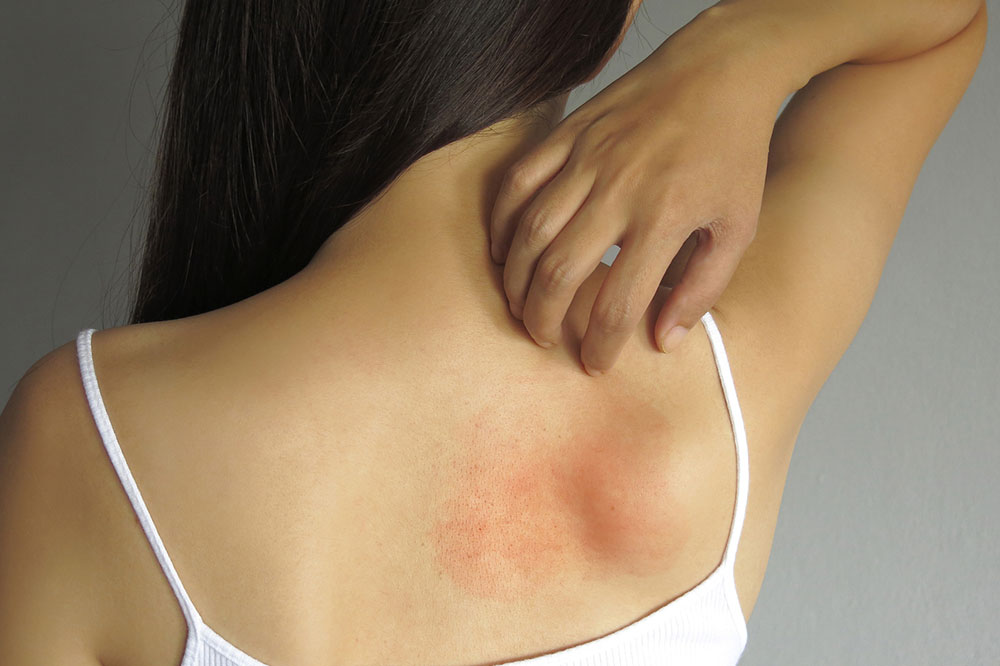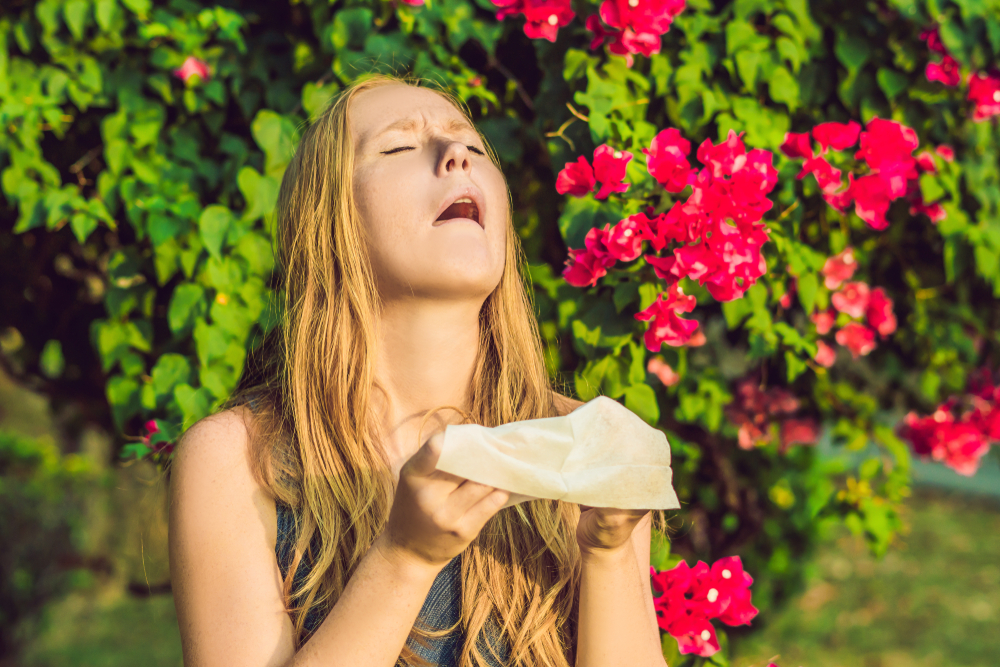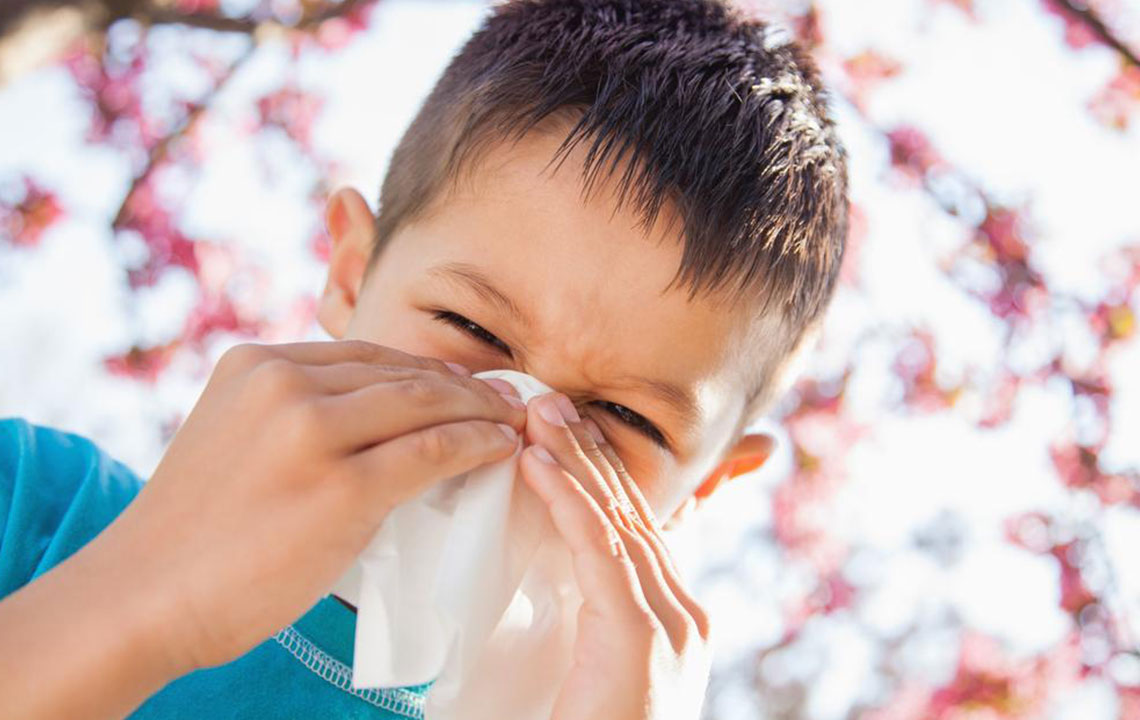Understanding Ragweed Allergies and Effective Management Strategies
Learn about ragweed allergies, their symptoms, and effective management strategies. This guide covers diagnosis, medications, immunotherapy options, and practical tips to reduce exposure. Consult healthcare professionals for personalized treatment plans to alleviate seasonal allergy symptoms and improve quality of life.

Understanding Ragweed Allergies and Effective Management Strategies
Ragweed plants are delicate, soft-stemmed weeds prevalent across many areas. They release fine pollen particles that help propagate subsequent ragweed plants. According to the Asthma and Allergy Foundation of America, ragweed pollen can be detected both in the ocean and the atmosphere. These airborne pollen allergens cause seasonal allergic reactions, impacting nearly 23 million individuals nationwide. Once developed, ragweed allergies tend to persist. Therefore, proper management and treatment options are in high demand. Treatment plans depend on medical history, symptom severity, and specific allergy test outcomes.
The main approaches to managing ragweed allergy include:
Identifying triggers
Recognizing specific allergens is crucial for avoiding reactions. Your healthcare provider will perform tests to pinpoint the allergen and advise on avoidance strategies.
Medications
Doctors may recommend antihistamines, nasal sprays, oral pills, or eye drops to alleviate symptoms and modulate immune responses.
Immunotherapy
For severe cases resistant to medications, immunotherapy involves allergy shots administered over several years to build tolerance.
Pollen allergy treatments can also involve sublingual tablets, which dissolve under the tongue.
Epinephrine injection
In emergencies, carrying an epinephrine auto-injector can mitigate severe allergic reactions until medical help arrives.
If affected by ragweed allergy, consulting a healthcare professional is recommended for diagnosis through specific tests. Treatment may include antihistamines and other medications. Starting medication two weeks before springtime pollen peaks can prevent or reduce symptoms.
Common immunotherapy options for ragweed allergies include:
Allergy injections
These help your immune system develop resistance over time.
Sublingual tablets
Prescription tablets taken 12 weeks prior to pollen season onset.
Additional tips for managing ragweed allergies include:
Monitoring pollen counts and being aware of high pollen times, especially in the morning for ragweed in spring and summer.
Keeping windows closed at home and in the car to prevent pollen entry.
Changing clothes after outdoor activities and taking a shower before bedtime to wash off pollen.
Since allergy symptoms vary, consulting a healthcare provider is advisable if symptoms persist or worsen.










